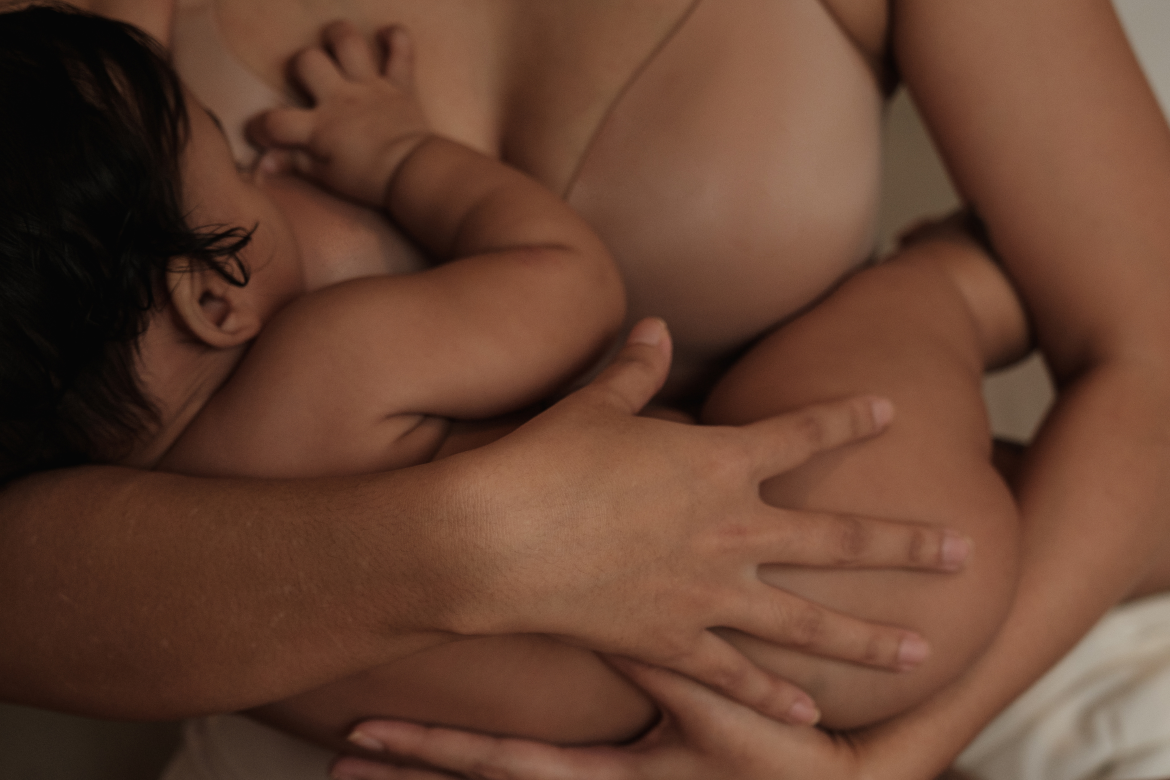By Emma Arntz
Neuroprotective Developmental Care (NDC), also known as ‘the Possums programs’, is an integrated approach to early life care. Working with parents and their babies throughout their first year of life is a huge privilege. Year one is a sacred period in the lives of children and parents, full of ‘firsts’ and significant growth and development milestones. The diverse spectrum of children and families I have worked with over the years has taught me that every birth is different, and so their support needs are different too. I’m passionate about providing mums, dads, and carers with evidence-based support that’s right for THEM and their child and their breastfeeding and/or bottle-feeding journey.
What is Neuroprotective Developmental Care or the ‘Possums Program’?
Developed by Dr. Pam Douglas, NDC (also known as the Possums Programs) is an integrated early life care approach that “aims to protect the rapidly developing infant brain and gut during the critical first 12 months of life, and supports parents’ mental health during this challenging though rewarding time” (www.possumsonline.com).
What’s so beautifully unique about the NDC is that it acknowledges that all those elements of early life are related. Infant sleep, breastfeeding, baby’s unsettling crying behaviours, and social/sensory needs all affect one another – and these, in turn, impact parents’ mental health.
There is so much confusing (and sometimes conflicting) information out there for new parents, and the early days can be so overwhelming. NDC’s approach is evidence-based, so parents can rest assured that they’re accessing the latest innovative support and that it’s backed by science. NDC’s unique joined-up approach means that when I work with families, they avoid conflicting advice or fragmented care that can sometimes confuse and, unfortunately, result in breastfeeding getting off to a rocky start. NDC also emphasises secure attachment, and their overall holistic approach has been developed over 15 years of cross-disciplinary collaboration and research in lactation science, neuroscience, evolutionary biology, gut science, sleep science and attachment psychology.

Getting Breastfeeding Off to a Good Start
Incredibly, newborns are wired with reflexes to help them find and move toward the breast and initiate feeding straight after birth. Breastfeeding may be a natural process, but it’s a complex one. Breastfeeding involves the intricate biomechanics of a baby’s jaw, tongue, and motor reflexes. Babies use suction with their mouths to form a vacuum around the breast, drawing in a wide mouthful of areola and breast tissue. Their tongue fits around the breast and “moves downward as a single unit in tandem with jaw depression” (Pamela S Douglas & Geddes, 2017; Geddes & Sakalidis, 2016). This triggers milk ejection and, just like a well-oiled machine, mum’s milk let-down reflexes and the baby’s vacuum force together bring the milk towards the throat for swallowing.
Breastfeeding is a new skill that mum and baby must learn together, and proper latching is crucial for effective milk transfer and comfort during feeding. The baby needs to latch deeply onto the breast, not just the nipple, for effective milk transfer and comfortable feeding, and a stable position between mum and baby is essential for this. Family support plays a vital role in breastfeeding, so the Possums Program aims to deliver empathetic evidence-based care for breastfeeding mothers to have a comfortable and successful breastfeeding journey.











